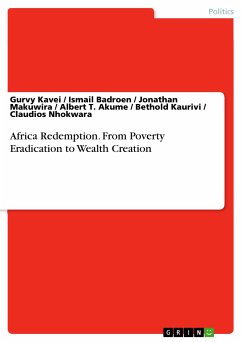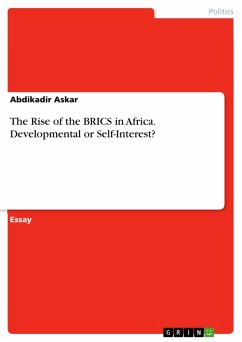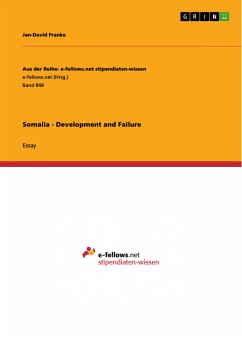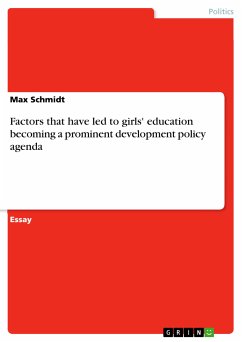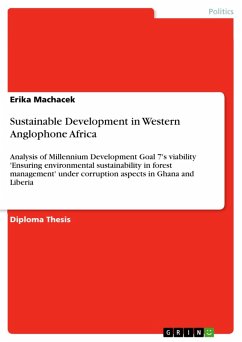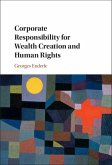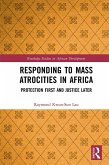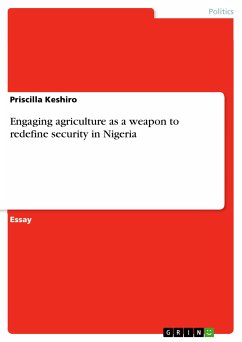Document from the year 2022 in the subject Politics - International Politics - Topic: Development Politics, grade: A, University of Namibia (Rundu Campus), language: English, abstract: Research has shown that poverty is a man-made phenomenon. Historical interventions to redress its rampant manifestation, especially in Sub-Saharan Africa, very much remain a serial flaw of misplacements in the hands of wrong architects and premised on the unholy misconception that aid will lead to both poverty alleviation and economic development of Africa. Looking at the historical landscape of the poverty debate in Sub-Saharan Africa, one cannot help but notice the silence or scarce mention of entrepreneurship as the engine for growth in the alleviation of extreme poverty. Therefore the Africa Redemption International Conference (ARIC) was conceived from the premise of a long and hard look at the serial and regrettable failures of the three salient beaten-trek interventions of Structural Adjustment Programs (SAPS), Poverty Reduction Strategies (PRS) and the Millennium Development Goals (MDGs). Earlier interventions focused more on economic growth and paid little attention to social development. With the advent of MDGs, attention somewhat shifted towards resulting in poverty being reduced by more than half between 1990 and 2015. Critical success factors including infrastructure development, domestic resource mobilization, and institutional capacity building, among others, have largely been overlooked by most of these instruments. The architecture of poverty reduction strategies has, for far too long, been the work of foreign agents with little, if any, of Africans themselves. It is generally on this very basis that the ARIC Conference was convened with the objectives to: a. Bring academics, practitioners and policy-makers into one unique place to deliberate on issues that keep Africa behind any other parts of the world in emerging out of poverty. b. Allow policymakers to chart a way forward and share that with the broader body of light-minded Africans who want to seriously take the country of scourges of poverty c. Allow academics to analyze, articulate and recommend what they perceive Africa needs to do in order to overcome its stagnation that has earned its Mantra of a Dark Continent. d. Invite development activist in the world and Africa, in particular, to share their isolated experiences with a broader community of stakeholders willing to amplify their good practice efforts to other parts of Africa where they are needed most. e. Showcase domestic innovators of all sorts
Dieser Download kann aus rechtlichen Gründen nur mit Rechnungsadresse in A, B, BG, CY, CZ, D, DK, EW, E, FIN, F, GR, HR, H, IRL, I, LT, L, LR, M, NL, PL, P, R, S, SLO, SK ausgeliefert werden.

